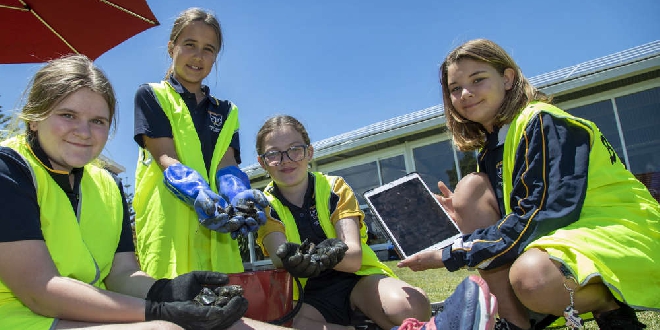
The next step in a project aimed at restoring shellfish habitat in the Peel-Harvey Estuary was taken on Thursday when locally grown mussels were used to seed the first trial beds in the waterway.
Local volunteers, including about 70 Mandurah water-side residents and two school groups, grew the mussels from juveniles to adults in specially designed baskets over the last year, while also collecting important data about mussel growth and survival and other colonising marine life.
The volunteers, or shellfish gardeners’, were supported by the Bindjareb Indigenous Ranger group.
These efforts culminated in Thursday's Mussel Muster where about 220kgs of mussels were loaded onto a barge at Wannanup jetty before divers placed them onto specially developed mussel beds in the estuary.
These mussel beds will be used to explore mussel growth and survival in specially selected locations in the estuary ahead of pilot shellfish reefs planned for construction in the estuary in the first half of next year.
Over time, the reefs are expected to become vibrant ecosystems that will help improve water quality, biodiversity, and fish stocks in the estuary.
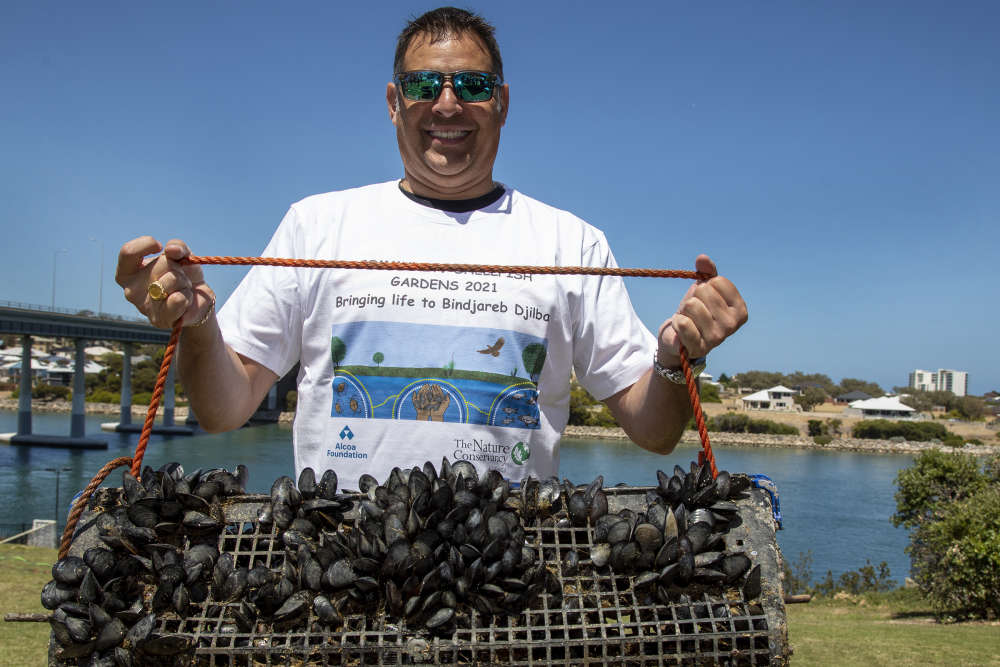
Shellfish gardener Jerome Gallagher. PIC: Supplied
The multi-year project is being led by The Nature Conservancy Australia (TNC) and funded by resources company Alcoa, through its global charity The Alcoa Foundation and the WA Government's Natural Resource Management Program.
TNC’s Oceans Project Coordinator for the Peel Region Dr Richard Campbell said the mussels being moved onto the trial beds would be monitored for the coming months as they continue to grow.
“We are thrilled to celebrate the terrific effort our volunteers have put into growing over 220 kilograms of mussels to help restoration efforts aimed at improving the health of the estuary," Dr Campbell said.
"It’s been humbling to have the support of local residents, school groups and the Bindjareb Indigenous Rangers, a group recently founded and operated by the Winjan Aboriginal Corporation."
Alcoa Australia Corporate Affairs Manager Suellen Jerrard thanked the community for its support.
“In many ways, the estuary is the environmental, social, cultural and economic heart of the Peel region so it’s great to have such widespread support for this important work, which Alcoa is proud to be part of,” Mrs Jerrard said.
Mandurah canal resident Bill Backshell said he had enjoyed being part of the Community Shellfish Gardening project over the past year.
“Seeing the mussels grow like they do, knowing it's all for a good cause and hopefully we will get back something in the estuary that’s been long gone,” Mr Blackshell said.
TNC plans to run a second round of Community Shellfish Gardens in the Mandurah area starting in 2022.
“The first group of gardeners did a great job and provided useful feedback about how to streamline monitoring of the mussels. We’re working through how to make these processes easier for the second round of volunteers,” Dr Campbell said.
People interested in the second round of the Community Shellfish Gardens should contact Dr Campbell on richard.campbell@tnc.org.
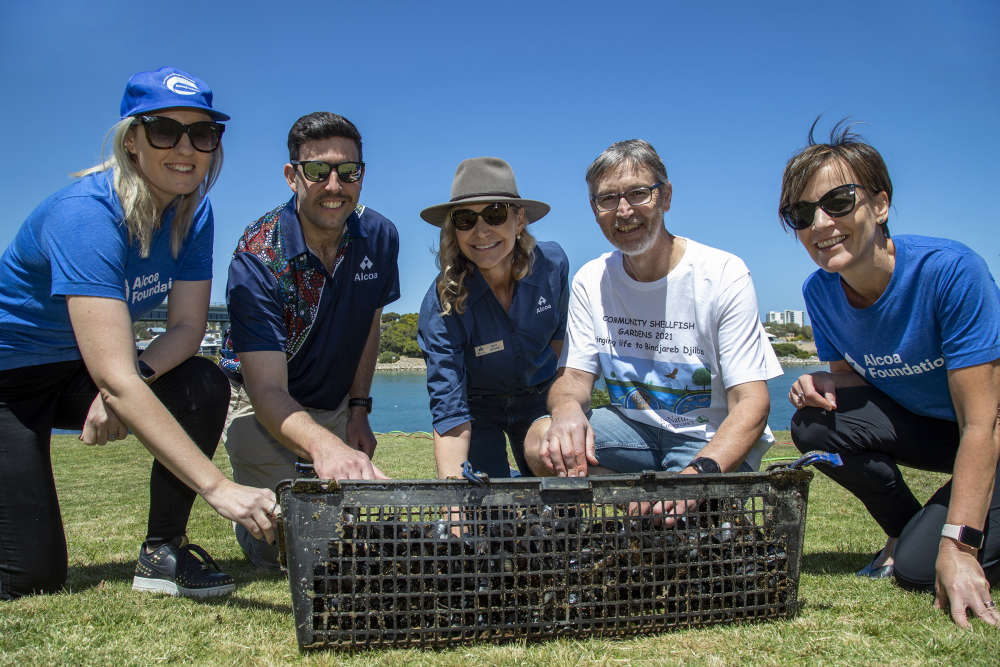
Alcoa representatives Sally M Fairnie, Chris Adams, Beth Butler, Adrian Carpenter and Suellen Jerrard at the Mussel Muster event. PIC: Supplied



 Postman injured in Wannanup crash
Postman injured in Wannanup crash
 Man charged after allegedly stealing service medals from Greenfields storage unit
Man charged after allegedly stealing service medals from Greenfields storage unit
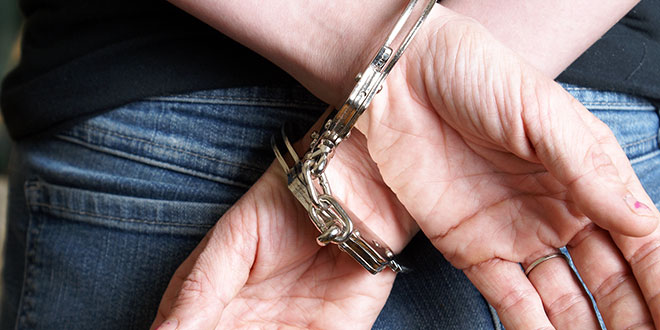 South West resort receptionist charged with 32 fraud offences
South West resort receptionist charged with 32 fraud offences
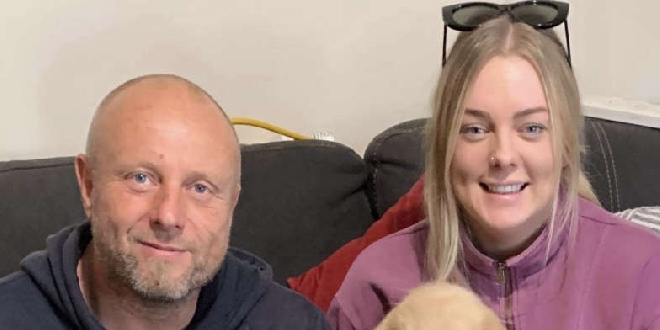 Daughter of Port Kennedy hit-and-run victim pleads for offenders to hand themselves in
Daughter of Port Kennedy hit-and-run victim pleads for offenders to hand themselves in
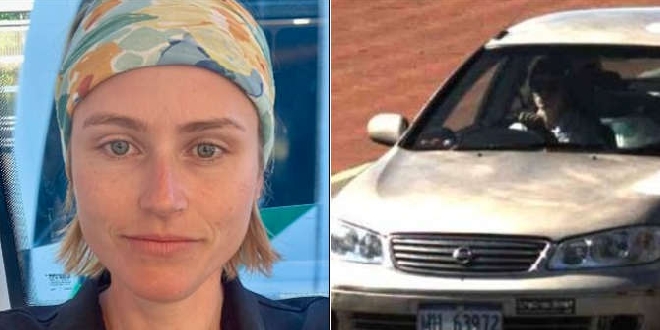 Concerns for missing woman last seen in Mandurah
Concerns for missing woman last seen in Mandurah
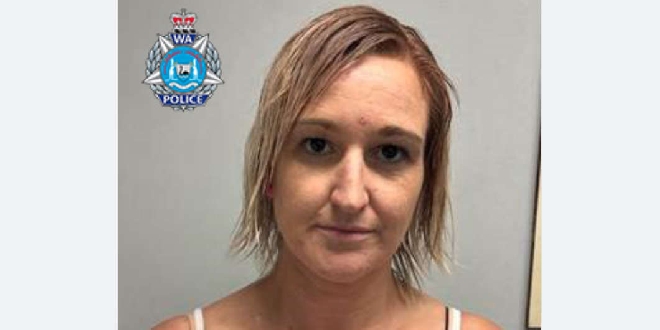 Mandurah woman wanted for questioning over current investigation
Mandurah woman wanted for questioning over current investigation
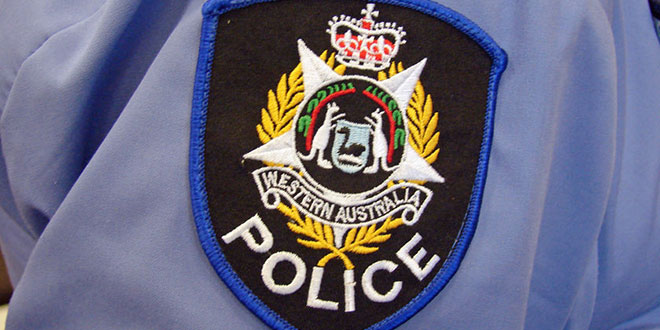 Investigation underway into Bunbury sexual assault
Investigation underway into Bunbury sexual assault
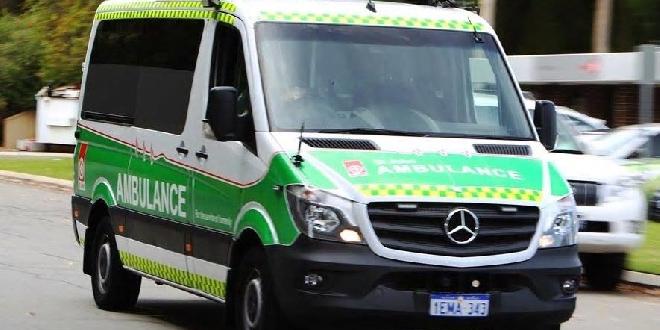 Two motorcyclists seriously injured in separate crashes
Two motorcyclists seriously injured in separate crashes
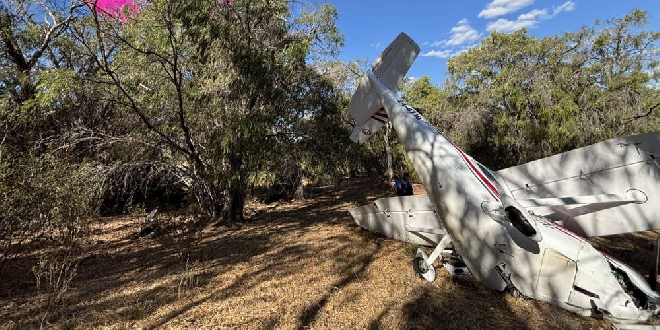 Miraculous escape for two men after plane goes down south of Mandurah
Miraculous escape for two men after plane goes down south of Mandurah